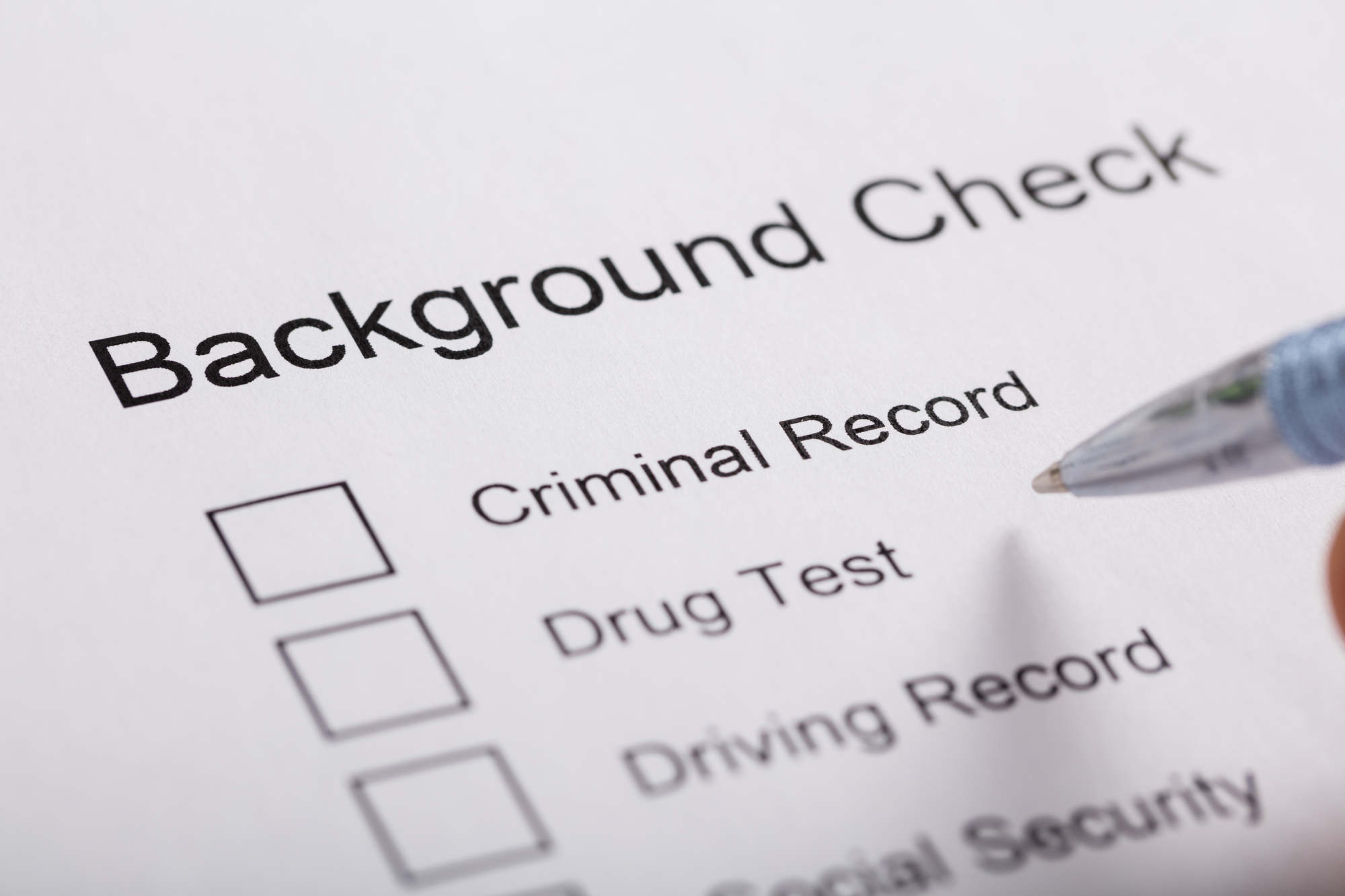
When starting a new job or undergoing an interview process, your employer may ask to run a background check. A background check can tell an employer about your past, including both personal and work history. A background check can also be used as a form of identity verification for employers. How much your employer can get from a background check depends on what kind of search they order and how much time they want to invest into the screening process. The following article will discuss what shows up on a background check, and how this information is generally used by an employer.
Different states have different laws about whether or not your credit report can be pulled during a background check, how it has to be pulled, and what effect it can have. Some employers may want to see your credit report for the same reasons that loan institutions want to see it — it can communicate a certain level of trustworthiness, reliability, and responsibility.
You can be denied employment because of a poor credit score in 39 states. The other 11 states have varying legislation, including exceptions and bans. It’s important to understand the legislation in your state when applying for jobs, to have a full understanding of what factors you can legally be denied work for.
A background check will also reveal your criminal record. Your criminal record will include:
Some background checks will also show charges you were ultimately not convicted of, though this is not true of all background checks. Having a felony or a misdemeanor on your background check won’t automatically disqualify you from employment. However, you must have a professional explanation of any convictions, should an employer ask for one. Talking through the circumstance in a calm, collected, and professional way can show how you’ve grown from that experience, and can create a good impression.
Some states follow the seven-year rule when it comes to how long a conviction will show up on your background report. This rule states that any convictions, court cases, or criminal fines cannot appear on a background check if they are over seven years old. The states that currently have this rule are:
Some of these states have different exceptions to the seven-year rule, so you’ll want to research how background check reports vary by the state if you have any concerns.
An education background check will show your education records, including your diplomas. This can be used to verify that you attended the schools on your resume, or see what degrees and diplomas you hold. An education background check can go as far back as elementary school if desired, though this isn’t common practice.
There is no current expiration, like the seven-year rule, that applies to an education background check. Employers can see when you’ve received your degrees, no matter how long ago it was. You might be asked for this kind of background check if you’re entering a highly specialized field that requires advanced degrees.
Similar to education verification, any professional licenses you hold can also be verified by a background check. This verification will provide:
This check may be pulled by employers who require certain licensure, such as medical organizations.
A background check can’t and won’t provide employers with a detailed list of all your past jobs. So if you’ve been fired or let go due to budget cuts, you don’t have to worry about that showing up on employment verification. However, it can show periods of employment or periods of unemployment. This can help verify the work experience listed on your resume.
Employment verification can also show your salary history, which can help employers negotiate your pay rate. This isn’t legal in all states, however, so if this is something that is a concern for you, check your state’s legislation.
As mentioned, a background check can be used as an identity verification tool. This will confirm things such as:
Identity verification is important for employers so they can ensure they’ll follow all the legal labor laws. For example, if a prospective employee were to lie about their age on an application, and were later revealed to be a minor, the employer could face serious legal ramifications for having them work more than the legal amount of hours. Identification verification is also important for payroll purposes, so employers can be sure they’re paying the right person.
As an individual, you can request copies of the different kinds of records that will show up on a pre-employment background check. This can give you an inside look at what your employer will see, and allow you to prepare for any concerns. For example, if you’ve previously filed bankruptcy and this shows up on your credit report, you can craft a professional answer for an employer if they ask why this happened, rather than being surprised by it in the interview room.
It’s important to note that background checks aren’t the only kind of research employers do on prospective employees. Many employees will conduct online searches for their prospective employees or look through public social media pages. This is why it’s important to be mindful of what you post on the internet, not just as a private citizen, but as an aspiring professional.
When an employer asks you for a background check, it’s usually coming from a legal need to verify certain information. It’s a common practice across many industries, and it illustrates how important it is to be upfront and honest on your resume and application.